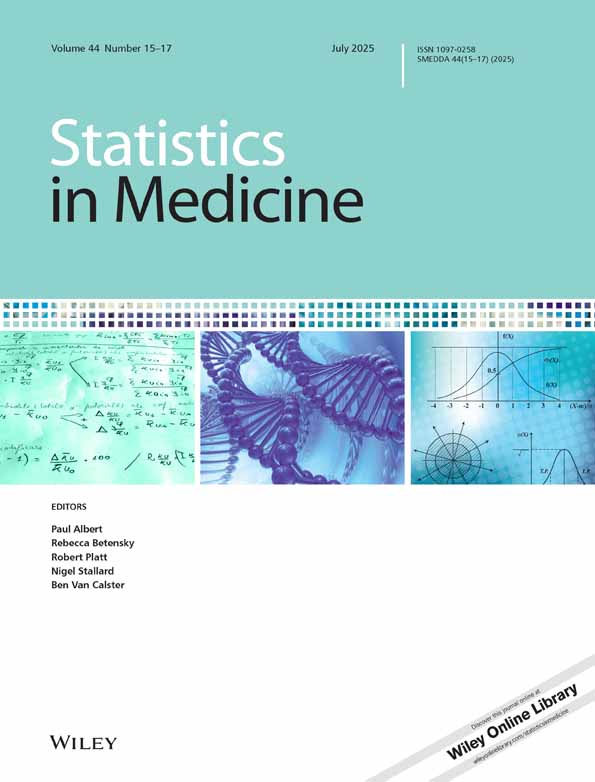Computational tools for exact conditional logistic regression
Abstract
Logistic regression analyses are often challenged by the inability of unconditional likelihood-based approximations to yield consistent, valid estimates and p-values for model parameters. This can be due to sparseness or separability in the data. Conditional logistic regression, though useful in such situations, can also be computationally unfeasible when the sample size or number of explanatory covariates is large. We review recent developments that allow efficient approximate conditional inference, including Monte Carlo sampling and saddlepoint approximations. We demonstrate through real examples that these methods enable the analysis of significantly larger and more complex data sets. We find in this investigation that for these moderately large data sets Monte Carlo seems a better alternative, as it provides unbiased estimates of the exact results and can be executed in less CPU time than can the single saddlepoint approximation. Moreover, the double saddlepoint approximation, while computationally the easiest to obtain, offers little practical advantage. It produces unreliable results and cannot be computed when a maximum likelihood solution does not exist. Copyright © 2001 John Wiley & Sons, Ltd.




